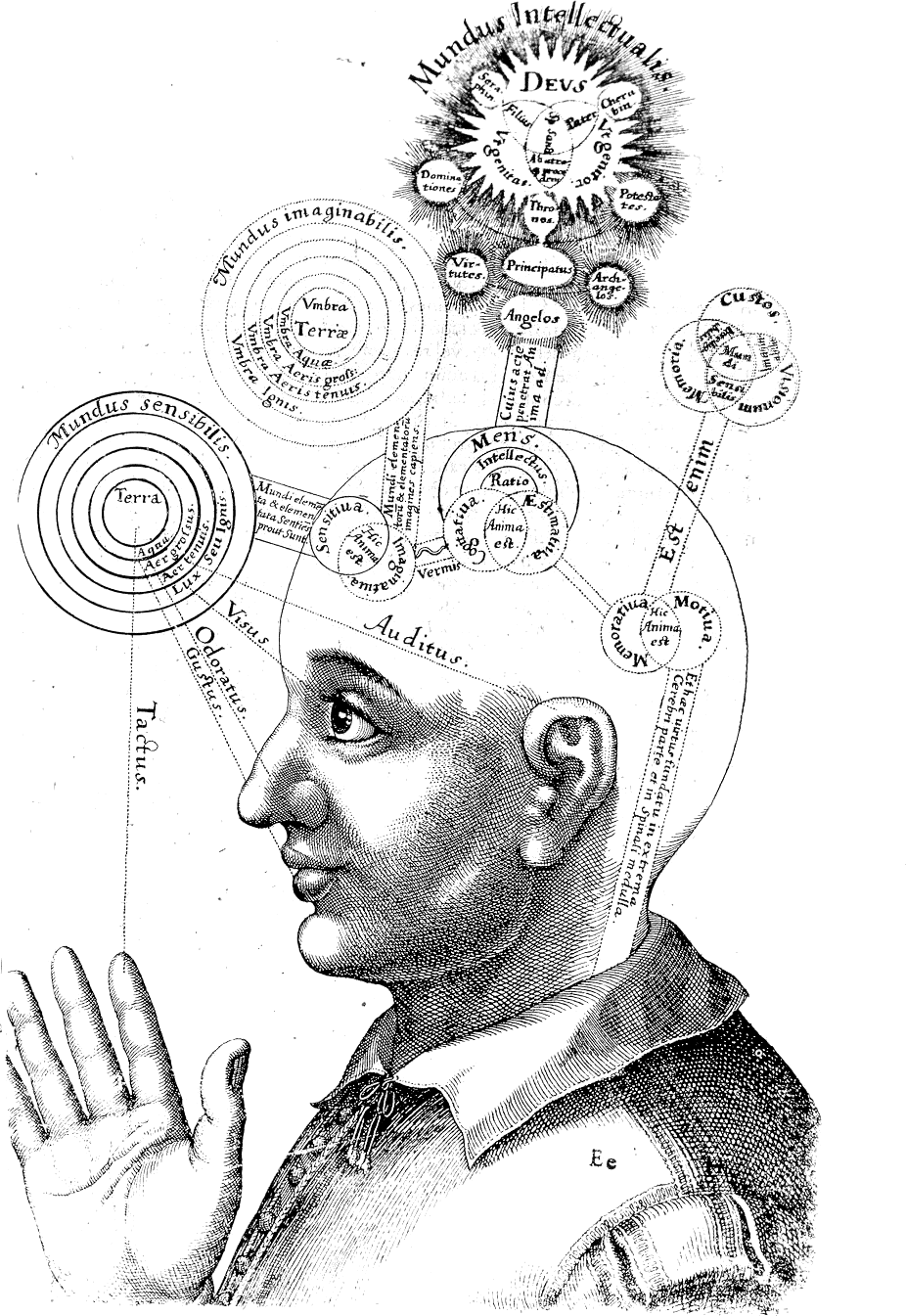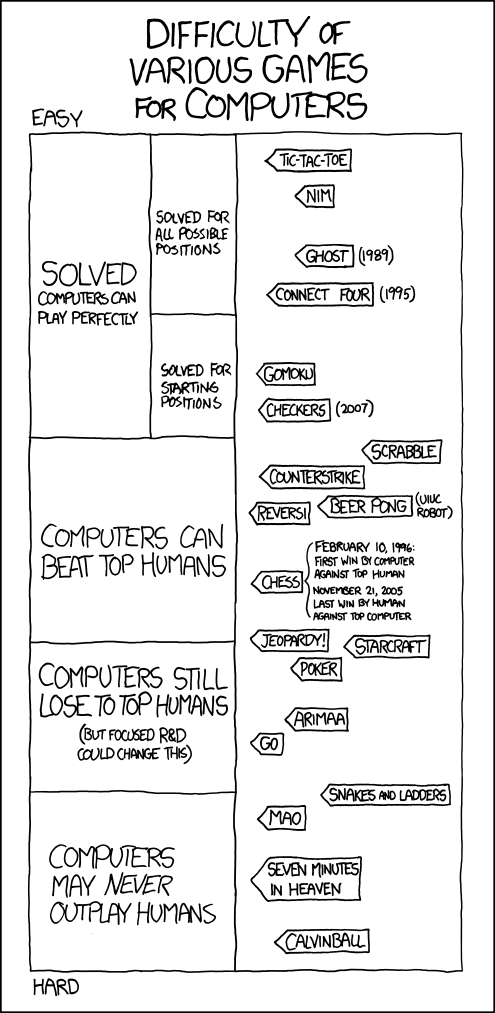Our ever-increasingly ubiquitous technology makes possible all manner of things that would have been insurmountable just decades ago. We carry smartphones that envelope more computational power than mainframes just a generation ago. Yet for all this power at our fingertips we seem to forget that we are still very much human animals with limitations. One such “shortcoming” [your friendly editor believes it’s a boon] is our inability to multitask like our phones. I’ve written about this before, and am compelled to do so again after reading this thoughtful essay by Daniel J. Levitin, extracted from his book The Organized Mind: Thinking Straight in the Age of Information Overload. I even had to use his phrasing for the title of this post.
From the Guardian:
Our brains are busier than ever before. We’re assaulted with facts, pseudo facts, jibber-jabber, and rumour, all posing as information. Trying to figure out what you need to know and what you can ignore is exhausting. At the same time, we are all doing more. Thirty years ago, travel agents made our airline and rail reservations, salespeople helped us find what we were looking for in shops, and professional typists or secretaries helped busy people with their correspondence. Now we do most of those things ourselves. We are doing the jobs of 10 different people while still trying to keep up with our lives, our children and parents, our friends, our careers, our hobbies, and our favourite TV shows.
Our smartphones have become Swiss army knife–like appliances that include a dictionary, calculator, web browser, email, Game Boy, appointment calendar, voice recorder, guitar tuner, weather forecaster, GPS, texter, tweeter, Facebook updater, and flashlight. They’re more powerful and do more things than the most advanced computer at IBM corporate headquarters 30 years ago. And we use them all the time, part of a 21st-century mania for cramming everything we do into every single spare moment of downtime. We text while we’re walking across the street, catch up on email while standing in a queue – and while having lunch with friends, we surreptitiously check to see what our other friends are doing. At the kitchen counter, cosy and secure in our domicile, we write our shopping lists on smartphones while we are listening to that wonderfully informative podcast on urban beekeeping.
But there’s a fly in the ointment. Although we think we’re doing several things at once, multitasking, this is a powerful and diabolical illusion. Earl Miller, a neuroscientist at MIT and one of the world experts on divided attention, says that our brains are “not wired to multitask well… When people think they’re multitasking, they’re actually just switching from one task to another very rapidly. And every time they do, there’s a cognitive cost in doing so.” So we’re not actually keeping a lot of balls in the air like an expert juggler; we’re more like a bad amateur plate spinner, frantically switching from one task to another, ignoring the one that is not right in front of us but worried it will come crashing down any minute. Even though we think we’re getting a lot done, ironically, multitasking makes us demonstrably less efficient.
Multitasking has been found to increase the production of the stress hormone cortisol as well as the fight-or-flight hormone adrenaline, which can overstimulate your brain and cause mental fog or scrambled thinking. Multitasking creates a dopamine-addiction feedback loop, effectively rewarding the brain for losing focus and for constantly searching for external stimulation. To make matters worse, the prefrontal cortex has a novelty bias, meaning that its attention can be easily hijacked by something new – the proverbial shiny objects we use to entice infants, puppies, and kittens. The irony here for those of us who are trying to focus amid competing activities is clear: the very brain region we need to rely on for staying on task is easily distracted. We answer the phone, look up something on the internet, check our email, send an SMS, and each of these things tweaks the novelty- seeking, reward-seeking centres of the brain, causing a burst of endogenous opioids (no wonder it feels so good!), all to the detriment of our staying on task. It is the ultimate empty-caloried brain candy. Instead of reaping the big rewards that come from sustained, focused effort, we instead reap empty rewards from completing a thousand little sugar-coated tasks.
In the old days, if the phone rang and we were busy, we either didn’t answer or we turned the ringer off. When all phones were wired to a wall, there was no expectation of being able to reach us at all times – one might have gone out for a walk or been between places – and so if someone couldn’t reach you (or you didn’t feel like being reached), it was considered normal. Now more people have mobile phones than have toilets. This has created an implicit expectation that you should be able to reach someone when it is convenient for you, regardless of whether it is convenient for them. This expectation is so ingrained that people in meetings routinely answer their mobile phones to say, “I’m sorry, I can’t talk now, I’m in a meeting.” Just a decade or two ago, those same people would have let a landline on their desk go unanswered during a meeting, so different were the expectations for reachability.
Just having the opportunity to multitask is detrimental to cognitive performance. Glenn Wilson, former visiting professor of psychology at Gresham College, London, calls it info-mania. His research found that being in a situation where you are trying to concentrate on a task, and an email is sitting unread in your inbox, can reduce your effective IQ by 10 points. And although people ascribe many benefits to marijuana, including enhanced creativity and reduced pain and stress, it is well documented that its chief ingredient, cannabinol, activates dedicated cannabinol receptors in the brain and interferes profoundly with memory and with our ability to concentrate on several things at once. Wilson showed that the cognitive losses from multitasking are even greater than the cognitive losses from pot?smoking.
Russ Poldrack, a neuroscientist at Stanford, found that learning information while multitasking causes the new information to go to the wrong part of the brain. If students study and watch TV at the same time, for example, the information from their schoolwork goes into the striatum, a region specialised for storing new procedures and skills, not facts and ideas. Without the distraction of TV, the information goes into the hippocampus, where it is organised and categorised in a variety of ways, making it easier to retrieve. MIT’s Earl Miller adds, “People can’t do [multitasking] very well, and when they say they can, they’re deluding themselves.” And it turns out the brain is very good at this deluding business.
Then there are the metabolic costs that I wrote about earlier. Asking the brain to shift attention from one activity to another causes the prefrontal cortex and striatum to burn up oxygenated glucose, the same fuel they need to stay on task. And the kind of rapid, continual shifting we do with multitasking causes the brain to burn through fuel so quickly that we feel exhausted and disoriented after even a short time. We’ve literally depleted the nutrients in our brain. This leads to compromises in both cognitive and physical performance. Among other things, repeated task switching leads to anxiety, which raises levels of the stress hormone cortisol in the brain, which in turn can lead to aggressive and impulsive behaviour. By contrast, staying on task is controlled by the anterior cingulate and the striatum, and once we engage the central executive mode, staying in that state uses less energy than multitasking and actually reduces the brain’s need for glucose.
To make matters worse, lots of multitasking requires decision-making: Do I answer this text message or ignore it? How do I respond to this? How do I file this email? Do I continue what I’m working on now or take a break? It turns out that decision-making is also very hard on your neural resources and that little decisions appear to take up as much energy as big ones. One of the first things we lose is impulse control. This rapidly spirals into a depleted state in which, after making lots of insignificant decisions, we can end up making truly bad decisions about something important. Why would anyone want to add to their daily weight of information processing by trying to multitask?
Read the entire article here.




 If you’re an office worker you will relate. Recently, you will have participated on a team meeting or conference call only to have at least one person say, when asked a question, “sorry can you please repeat that, I was multitasking.”
If you’re an office worker you will relate. Recently, you will have participated on a team meeting or conference call only to have at least one person say, when asked a question, “sorry can you please repeat that, I was multitasking.”

 [div class=attrib]From the New Scientist:[end-div]
[div class=attrib]From the New Scientist:[end-div]